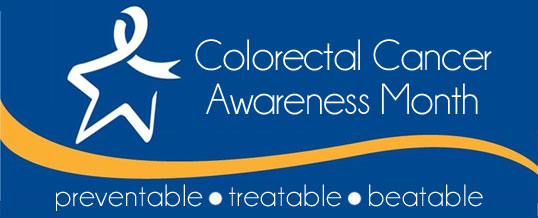Most of us know that the at age 50 we should start getting our routine colonoscopy. The good news is that this recommendation has led to earlier detection and higher survival rates for those over 50 with colon and rectal cancers.
So what’s the problem? Turns out these cancers are on the rise in younger people — people in their 20’s!
So yes, while the last 30 years have shown significantly decreased rates of these cancers in older people, if you were born after 1990 you have DOUBLE the risk of colon cancer, and QUADRUPLE the risk of rectal cancer.
Hard to believe, right?
Not if you look at our diet and lifestyle habits as whole and their link to colorectal cancers.
Those born in the 1950’s and 1960’s walked more, ate less processed foods, and had less fast food available to them on a daily basis.
If you were born in the 1980’s and 1990’s, chances are you’ve been raised on the “low fat,” high carbohydrate, low fiber diet that’s been the cause of our obesity epidemic. You are also likely as a whole to be active.
More Americans are more obese than ever today, and that is in large part due to a diet high in bread, processed and refined foods, and red meat. It is no coincidence that this low fiber diet, almost devoid of fresh produce, is linked to colorectal cancers.
As you may have already deduced, if a colonoscopy is the gold standard for early detection and colonoscopies are only recommended after age 50, we have a problem. Insurance companies are unlikely to start covering colonoscopies in 25 year olds.
The symptoms of colorectal cancer may include unexplained weight loss, abdominal cramping, and pain that last more than two weeks, or dark, tarry stools. Millennials are not likely to go to the doctor for these symptoms unless they see frank blood in their stool, which is quite often a sign the disease is not in it’s early stages!
Young people are banding together on a number of political issues these days – now it’s time for them to lobby their insurance companies AND their doctors to cover colonoscopies earlier when indicated! Especially if you have a family history of the disease, any one of the symptoms I mentioned should make you INSIST that your doctor order a colonoscopy and fight for your insurance to cover it.
As a doctor, our medical societies need to focus on this new epidemic and change our recommendations for colonoscopies to reflect our changing society. One size doesn’t fit all.
As a patient, know the symptoms, know your family history, and be your own advocate for health!
Check out my tips for preventing colon cancer in my video below!
 English
English French
French German
German






